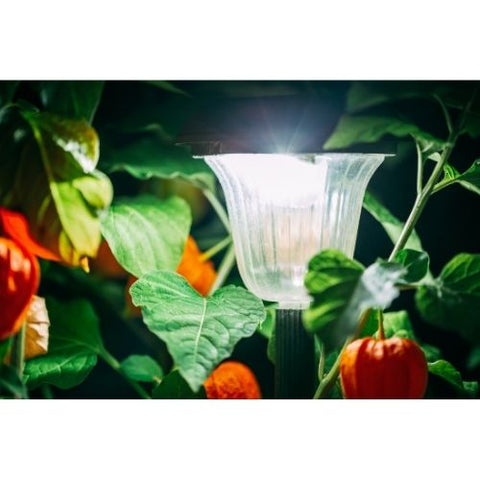
How To Prepare Your Garden In January
With January being one of the coldest months of the year, it’s important that you protect your garden from the cold winds, heavy rain, frost and potential snow.
Help Your Garden Out
Although the garden will probably be the last place you want to be at this time of year, birds and other wild life will still visit your garden on the lookout for food. All birds will be extremely grateful for any food and water you put out for them. Bird food such as fat balls and suet blocks come with a lot of hi-energy ingredients, perfect for feeding birds in the colder winter months. As well as ensuring you’re keeping the bird food topped up, it is also important to make sure that the bird baths aren’t frozen over when temperatures drop!

Get Planting!
They say to plant a garden is to believe in tomorrow – gardeners are constantly planning ahead and envisioning what will grow in the future months! January is great for selecting our seeds and bulbs in preparation for the warmer months ahead. If you’re looking to grow some vegetables in your garden this year, make sure you stick to a basic crop rotation to get the most out of your soil and to stop any unwanted pests and diseases. The best advice would be to group your veg into categories’, then keep them divided up into groups and then rotate every year! January is also a perfect month to begin sowing onions, broad beans, peas, leeks, carrots and spinach. Alternatively you can also grow salad leaves and herbs indoors if you prefer. Full of antioxidants and rich in vitamin A and C, tomatoes are great for keeping your body’s immune system working properly. This delicious crop is easy to grow at home and is full of way more flavour than buying it from the supermarket.
As well as fruit and veg, why not plant some delicious soft fruits? Perfect for picking and eating fresh, soft fruits are great for adding to puddings and into cakes! Check out our collection of soft fruit plants here!

Tool Inspection
It’s time to inspect the gardening tools that you’ve kept hidden away for the last few months! Make sure you give your tools a good clean to keep them working efficiently and prevent and unwanted disease spreading. Washing them in warm, soapy water will work best for removing any dirt. If you’ve noticed that your tools are slightly stiff, it would be a good idea to add some oil to to your tools to loosen them up and if you can, and it would be useful to sharpen any blades.

Trees, Shrubs , Roses and Climbers
Continue to plant shrubs, climbers, roses, hedges and trees on days where the soil isn’t frozen solid or waterlogged. Here at FabFinds we sell plenty of bare-root plants, perfect for using in all free-draining soil. A cheaper alternative to buying containerised plants and more convenient when you have a lot of planting to do! Why not check out our wide range of affordable plant pots and planters and containers so you have somewhere to put your bulbs and plants.

Grow some potatoes
January might not seem like a usual time to start growing potatoes however its never too early to start growing potatoes in hidden pots – on colder nights protect them with garden fleece if you don’t have a heated greenhouse. By choosing to grow veg in pots and plants will also help your control your soil amount more effectively- perfect if you have areas of the garden where the soil is hard to grow.

Garden Lights
Although you won't be spending much time relaxing in your garden yet, why not get some garden solar lights so you can look forward to having a pretty and atmospheric place to unwind when the weather gets warmer? Here at FabFinds we have a dazzling range of garden solar lights, whether it be string solar lights or free standing, they will charge up from the sunlight so you won't need to worry about plugging them in or finding an electrical source! The perfect way to give your garden a boost!

